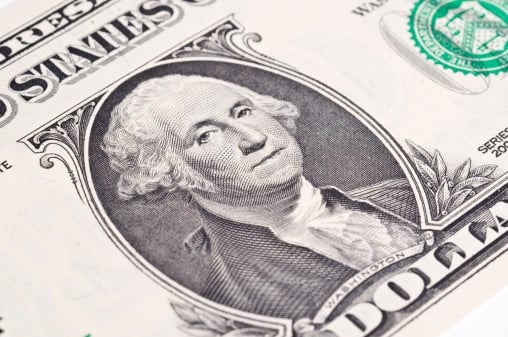Perhaps roadblocks set in front of key legislation, growing budget deficits, anxiety about the national debt, spying on citizens and an overall lack of direction have turned Americans against Congress in record numbers, as well as sinking President Obama’s approval ratings. That dissatisfaction has spread so broadly that, according to Gallup, “big government” is a greater threat to the future of the United States than labor or business are. According to a new Gallup poll on threats to the nation: Source: Thinkstock
Source: Thinkstock
Seventy-two percent of Americans say big government is a greater threat to the U.S. in the future than is big business or big labor, a record high in the nearly 50-year history of this question. The prior high for big government was 65% in 1999 and 2000. Big government has always topped big business and big labor, including in the initial asking in 1965, but just 35% named it at that time.
The fall of union power that began decades ago is reflected in the data. In 1965, 29% of Americans listed “big labor” as the single greatest threat to the future of the United States. That number has fallen to 5%.
Gallup also points out that the drop in huge corporate scandals and the roles that financial firms played in the Great Recession currently take a less prominent role in how Americans see institutional risks to the country’s future.
What do the data mean? According to Gallup:
Americans have consistently viewed big government as a greater threat to the United States than either big business or big labor, but never more than they do now. That may be partly a reaction to an administration that favors the use of government to solve problems. Also, the revelation of widespread government monitoring of U.S. Internet activity may be a factor in raising Americans’ concern about the government. The threat of big business may seem diminished now, during a relatively calm period for big business, with rising stock values and relatively few major corporate scandals such as occurred in the early 2000s. Also, the labor movement is far less influential in U.S. policy today than in the past, including in 1965, when Gallup first asked the question.
Sponsored: Find a Qualified Financial Advisor
Finding a qualified financial advisor doesn’t have to be hard. SmartAsset’s free tool matches you with up to 3 fiduciary financial advisors in your area in 5 minutes. Each advisor has been vetted by SmartAsset and is held to a fiduciary standard to act in your best interests. If you’re ready to be matched with local advisors that can help you achieve your financial goals, get started now.
Thank you for reading! Have some feedback for us?
Contact the 24/7 Wall St. editorial team.



